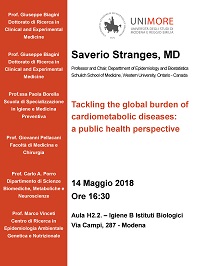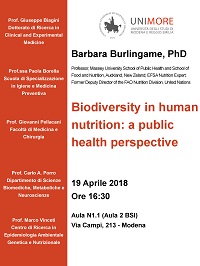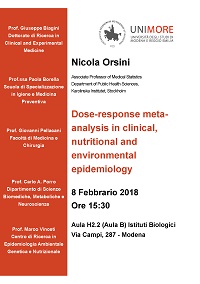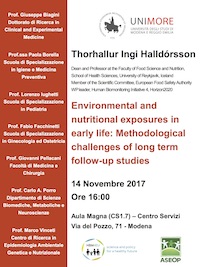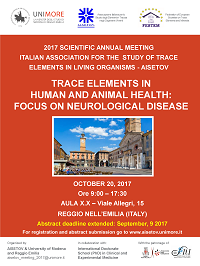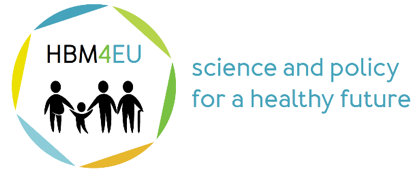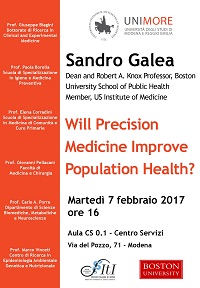22-25 Novembre, Torino
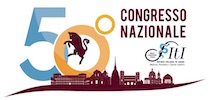
Le sfide della salute pubblica si caratterizzano ormai inevitabilmente per loro complessità, universalità e continuità. La sostenibilità dei più elevati livelli di salute possibili non può più essere attribuita ai soli incrementi della spesa sanitaria ma passa necessariamente attraverso politiche di prevenzione e di promozione del bene-essere.
Dal perseguimento di politiche che promuovano città sane, che da un lato garantiscano minime esposizioni ai più noti fattori di rischio e dall’altro possibilità logistiche e tessuti sociali idonei anche alle popolazioni più fragili, alla lettura e analisi di impatto delle tecnologie preventive a disposizione, alla gestione della salute anche sociale delle migrazioni, alla preparazione nell’affrontare le emergenze sanitarie.
Si rendono altresì necessarie maggiori attenzioni sia alla scelta degli obiettivi strategici del servizio sanitario sia alle modalità tattiche utili al raggiungimento degli stessi: modelli organizzativi efficaci sia nella prevenzione che nella cura. L’igienista può e deve svolgere un ruolo attivo nella trattazione di tutte queste tematiche, utilizzando le proprie competenze per promuovere politiche finalizzate e azioni concrete nonché per coinvolgere su obiettivi comuni e condivisi gli altri professionisti della salute.
Il 50° Congresso Nazionale della S.It.I. vuole rappresentare quindi una propulsione positiva verso la trattazione di tematiche multisettoriali.

